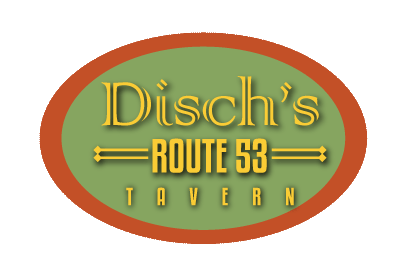Chapter 4
Going Public
Charley’s passion and ability to develop restaurant concepts continued. He created the Papa-Razzi concept. This was the concept that Charley used to launch his public offering. It was at this point that Paul’s role in the company began to change. As a publicly traded company the focus moved from concepts to replicable expansion and growth.
Paul was made the Vice-president of Human Resources for the Back Bay Restaurant Group, the name of the new public company. His responsibilities were not so much benefits and personnel issues, but rather the hiring, training, and development of regional managers, general managers, restaurant managers, chefs, and sous chefs. When you become a public company, it is about opening new restaurants and generating sales and profits. To open restaurants, you need new people and you have to retain the existing people to insure stability and profitability. The challenge became even greater as Back Bay Restaurant Group (BBRG) moved down the east coast. BBRG would eventually have restaurants in New Hampshire, Massachusetts, Connecticut, Rhode Island, New York, New Jersey, and Washington D.C. The Papa-Razzi, although a great concept, was not a concept that could successfully be expanded at the pace demanded by Wall Street. Sales began falling and the demands put on by the expansion started taking their toll. Management turnover was becoming a major problem. Paul had put together a fourteen-week training program, but because of demand, the training time was often cut short and people were prematurely placed in positions and given responsibilities they were not ready to handle.
Paul was moved out of Human Resources and put back in operations. He took over the Papa-Razzis in Massachusetts, which were experiencing declining sales, low morale, and management turnover. After turning these restaurants in the right direction, he was placed in Hanover Massachusetts where there were a Papa-Razzi and a Joe’s American Bar and Grill, also with declining sales and operational issues. Again, Paul was able to turn the restaurants in the right direction. Paul was then placed in Papa-Razzi Boston. This was the original Papa-Razzi and it was also experiencing declining sales and operational issues. Paul was able to turn the tide and bring back its original luster.
Charley had two more concepts to create. On Boylston Street in Boston, Charley was going to open an upscale steakhouse concept named Abe, after his father, and Louie’s, who was his uncle from whom he had purchased his first liquor license in the 1960s. With his success at Papa-Razzi in Boston, Paul was asked to be the opening general manager of Abe and Louie’s. The latter would eventually become one of the largest grossing independent restaurants in the country. With the immediate success of Abe and Louie’s, Charley would create his last concept, The Coach Grill, in Wayland, Massachusetts. Paul again was asked to be the opening general manager. Paul did the opening and it was very successful.
Thoughts began entering Paul’s mind that he never expected. Was it time to, not leave the Back Bay Restaurant Group, but Charley Sarkis? After careful consideration, Paul spoke to his wife Betty, and thought about his most recent history with Back Bay Restaurant Group. After almost thirty years, Paul decided it was time for his next challenge.
In July of 2001, Paul walked out the back kitchen door of the Coach Grill and ended his restaurant career and great journey with his mentor, Charley Sarkis. It was quite an adventure and learning experience. Paul admits that, at times, it consumed his and others’ lives through some of the growth periods. There were times when it seemed everyone lost their ways. Paul admits that his wife and two daughters were definitely affected as he selfishly chased his passion and dream. Looking back, there would two things that he would do differently. Paul thinks that buying the restaurants in Florida was a mistake and becoming a public company with the type of restaurants Charley had created was not a good fit.
